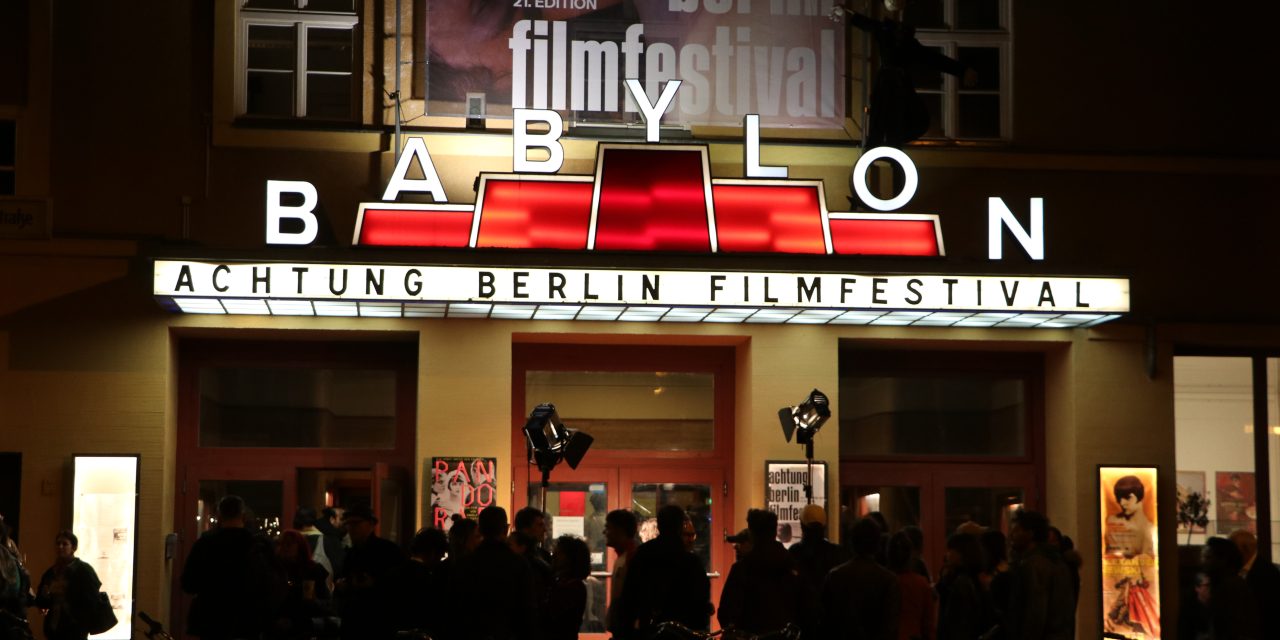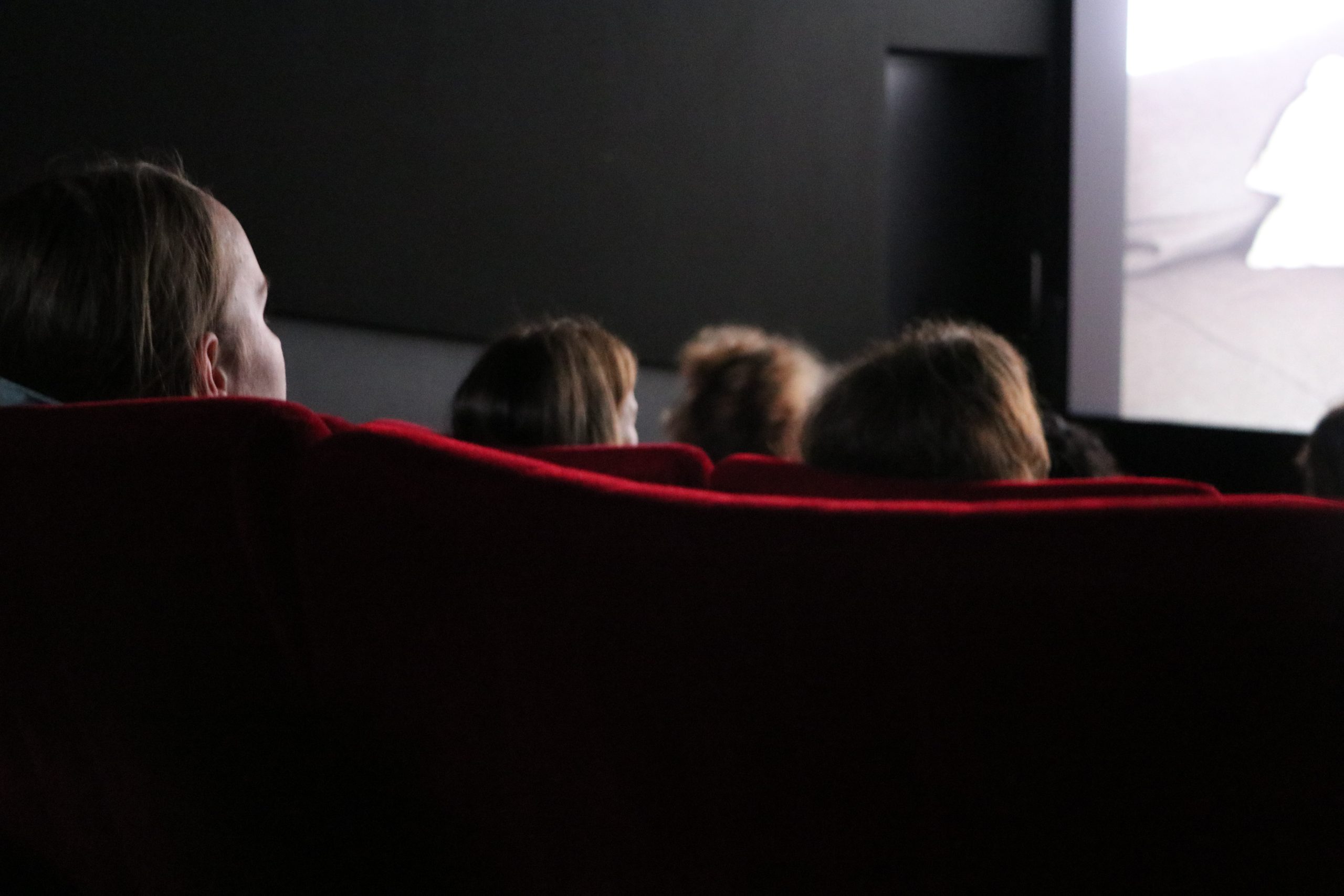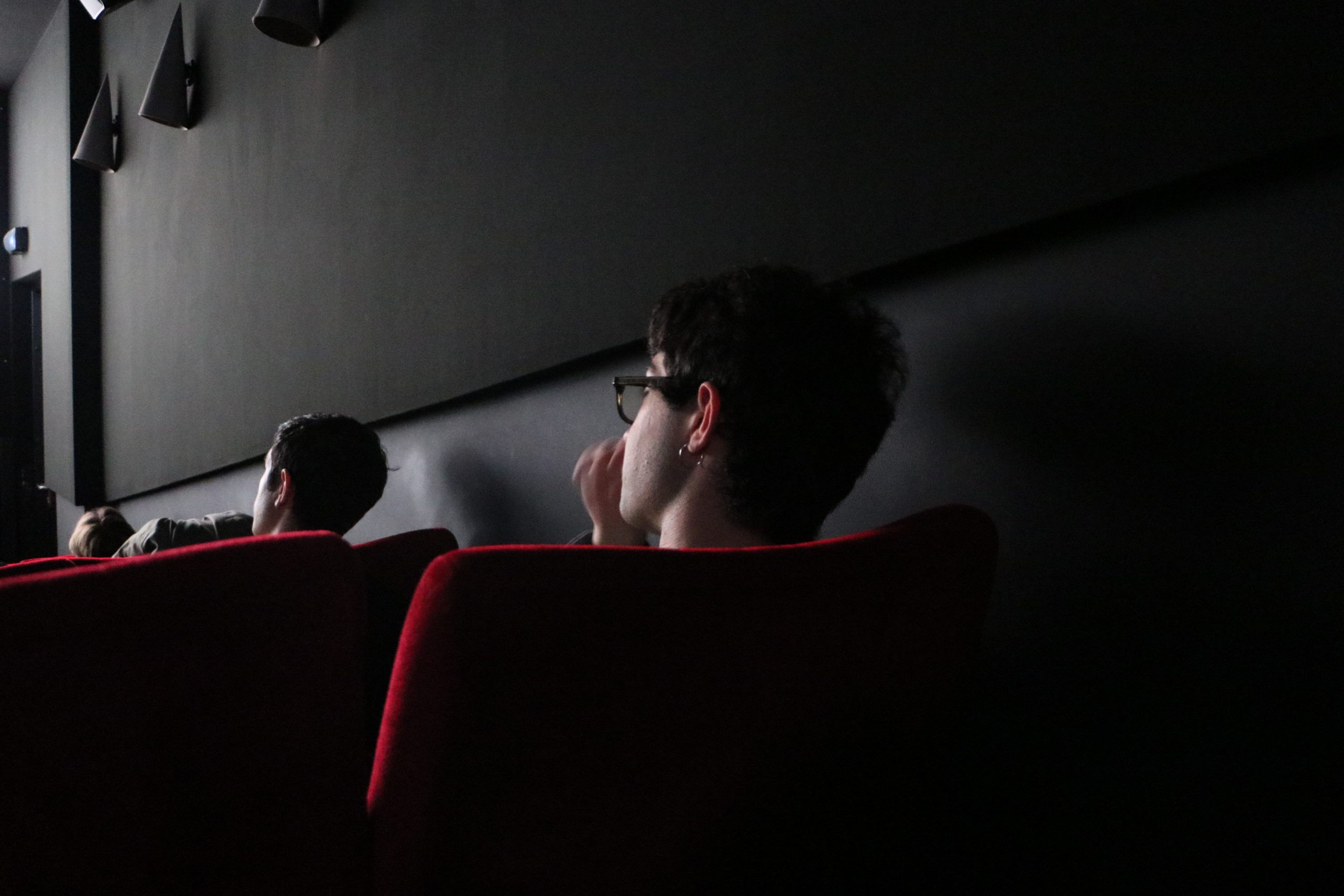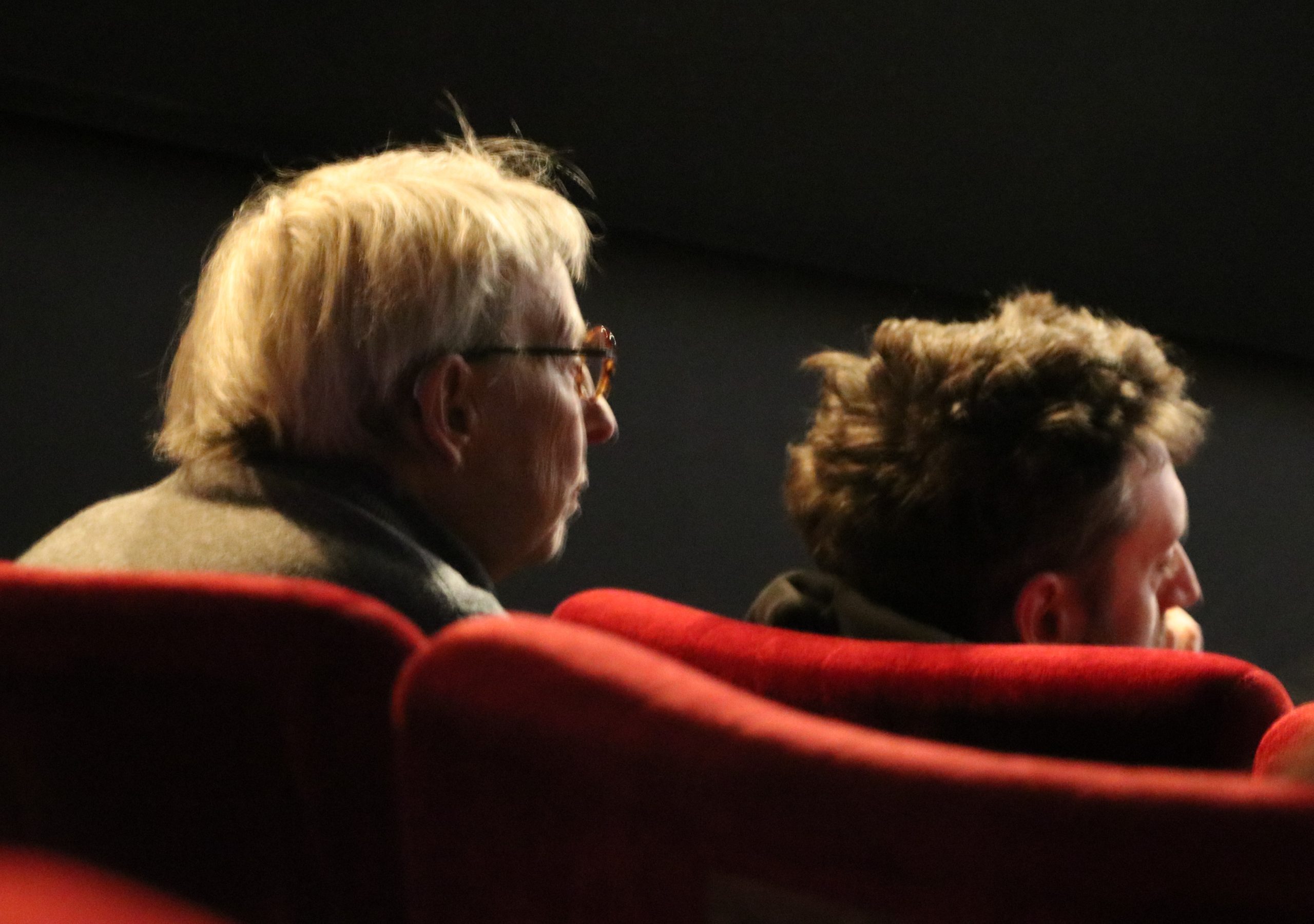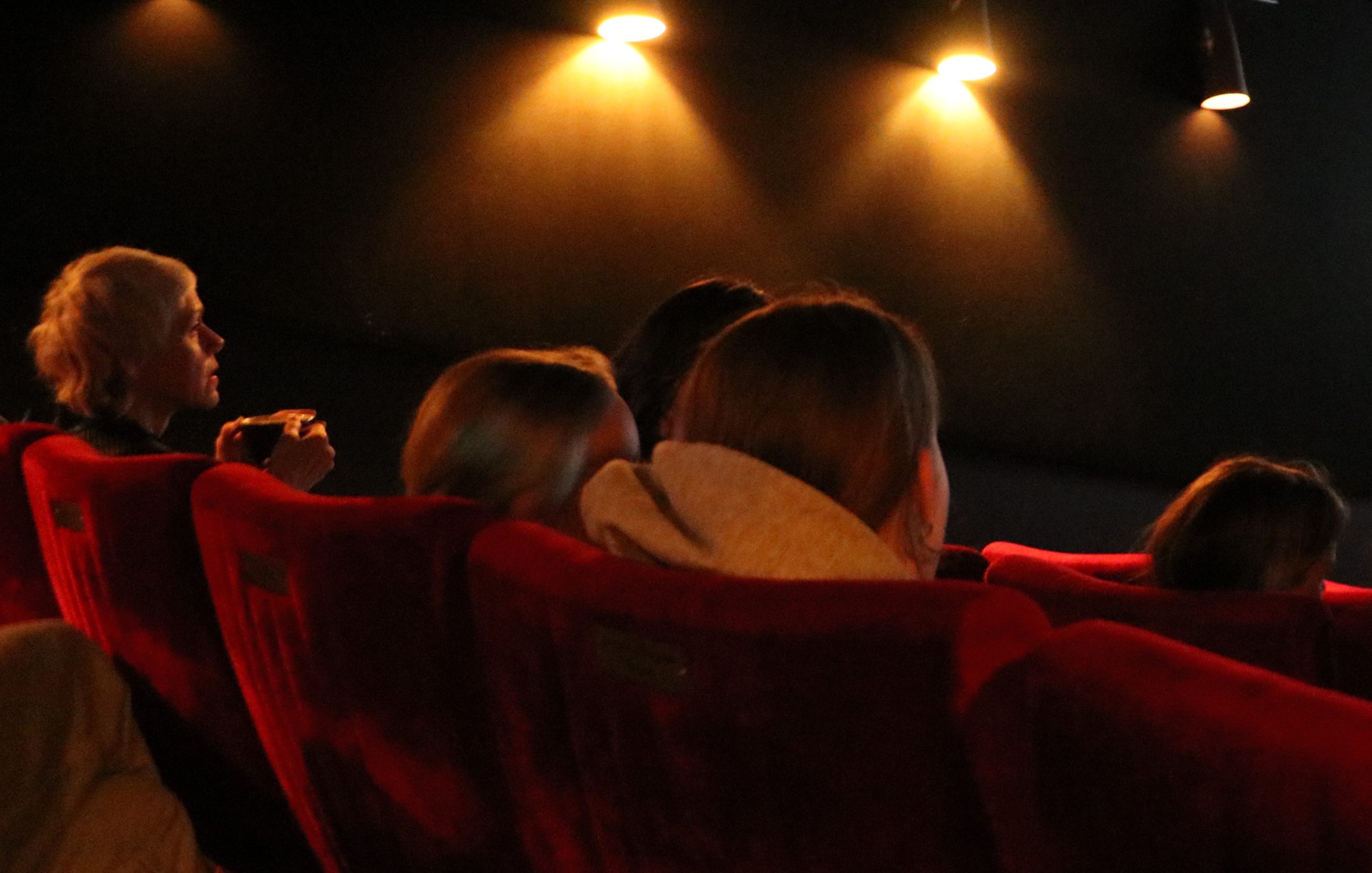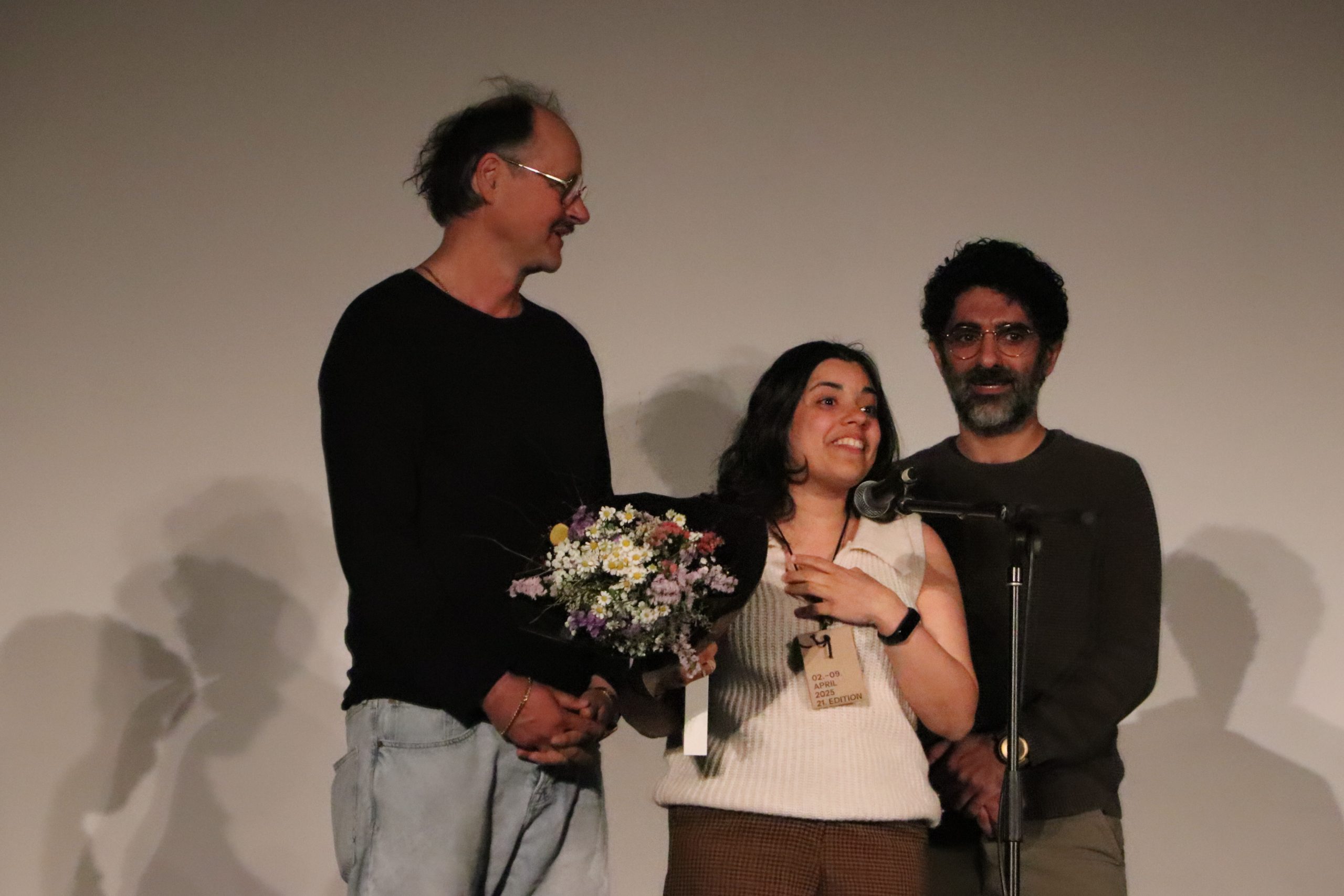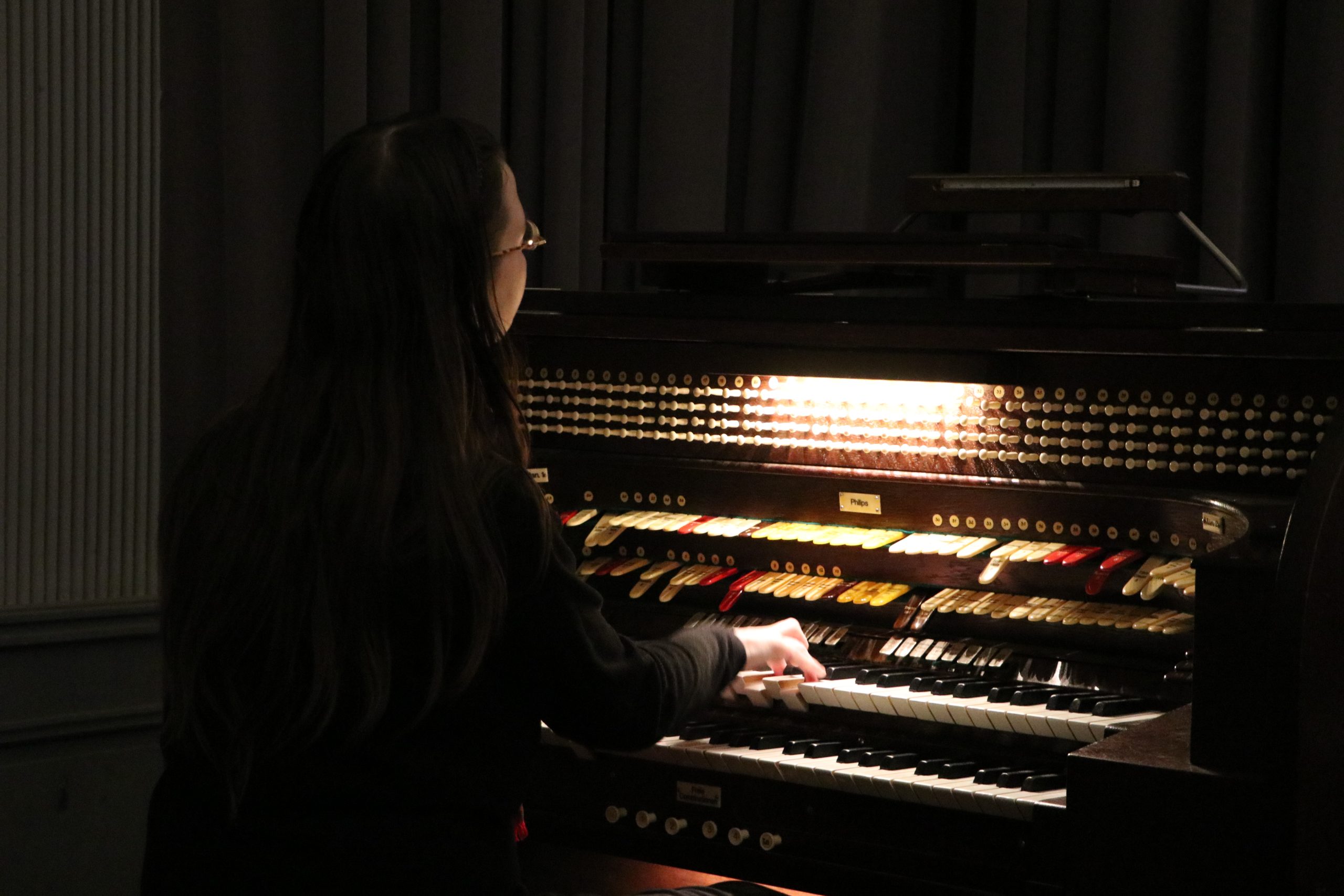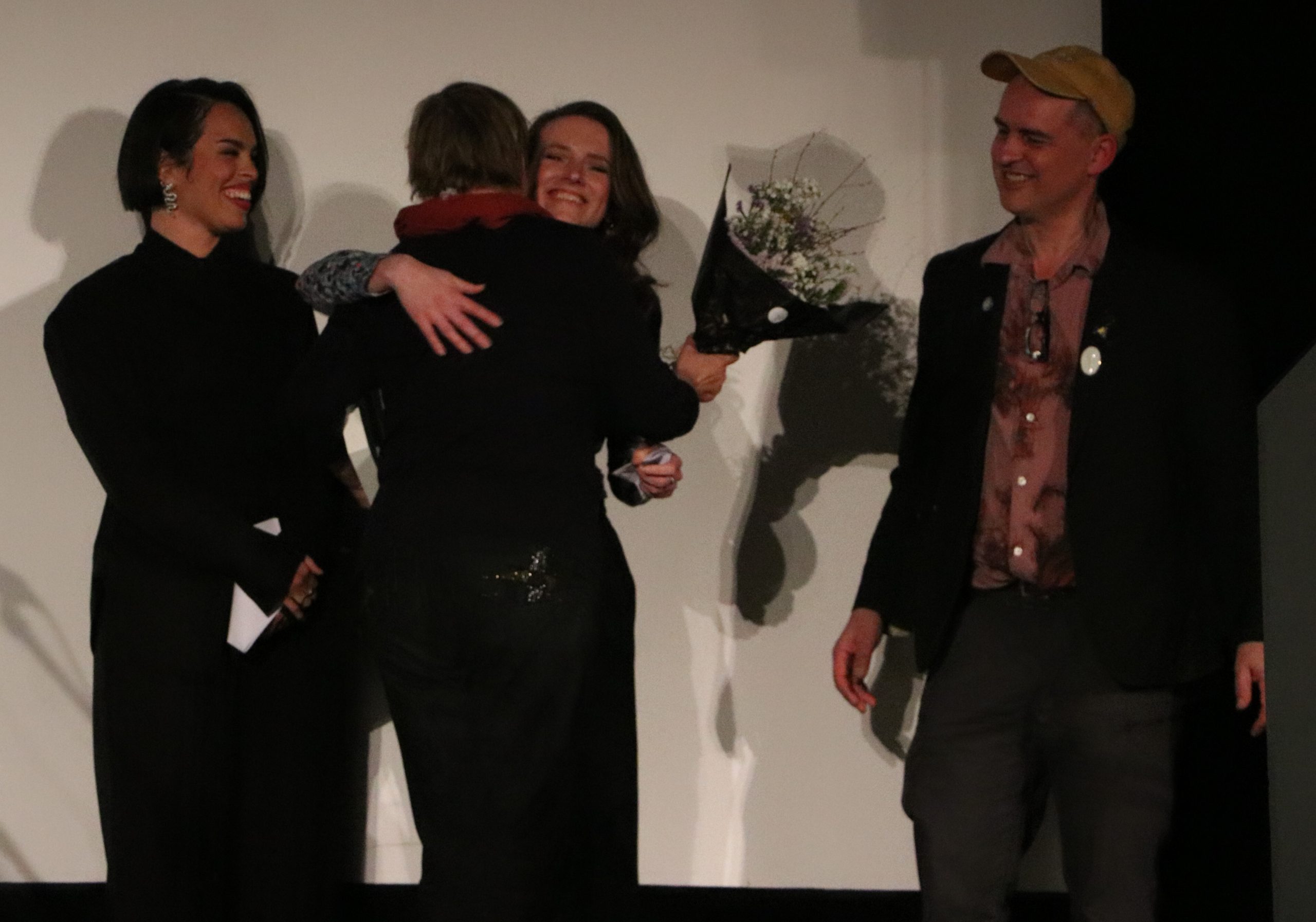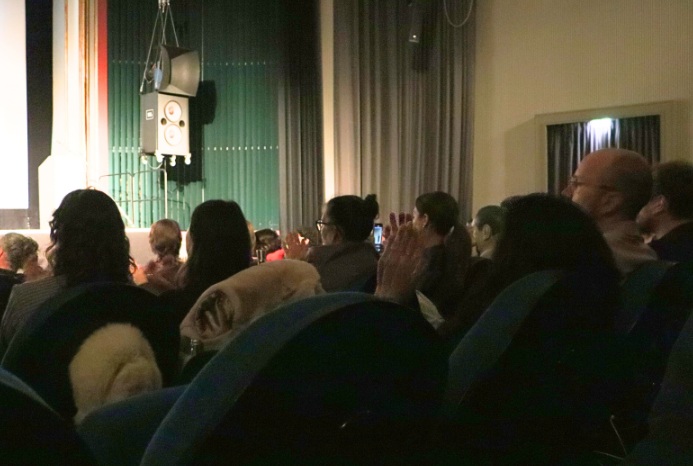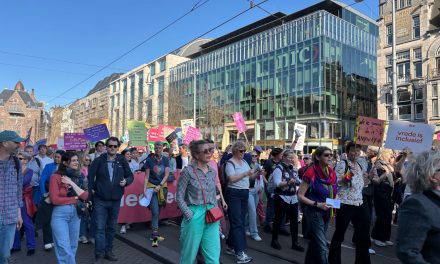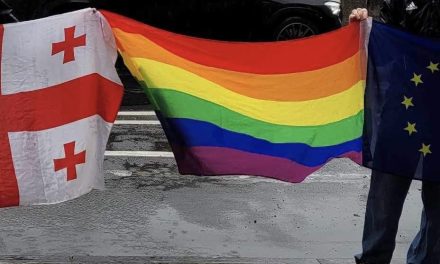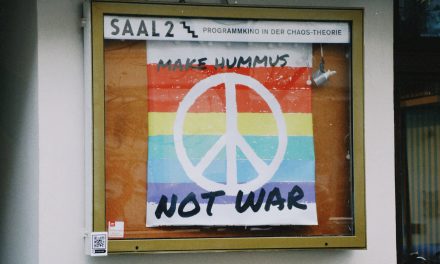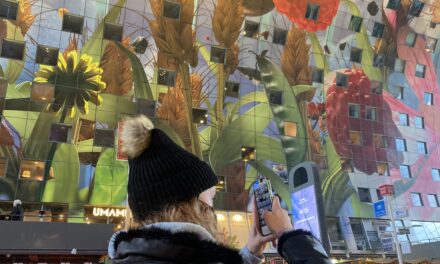While women have long contributed both in front of and behind the camera, only recently have their voices begun to gain visibility in national cinema. This progress, however, seems to have encountered a more complex turn with the 2025 reform of the German Film Funding Act (FFG) which removed a key paragraph promoting diversity. This article explores the impact of this new law through four distinct women’s perspectives, showing how far we have come and how much further we need to go.
In the small Wolf Kino at the Achtung Berlin Film Festival, laughter broke out as the audience, largely women, saw their own experiences reflected on screen. I was there to watch “Spielerinnen” (Game Changers), a documentary by Aysun Bademsoy that reunites a Turkish women’s soccer team in Berlin, 30 years after their first game.
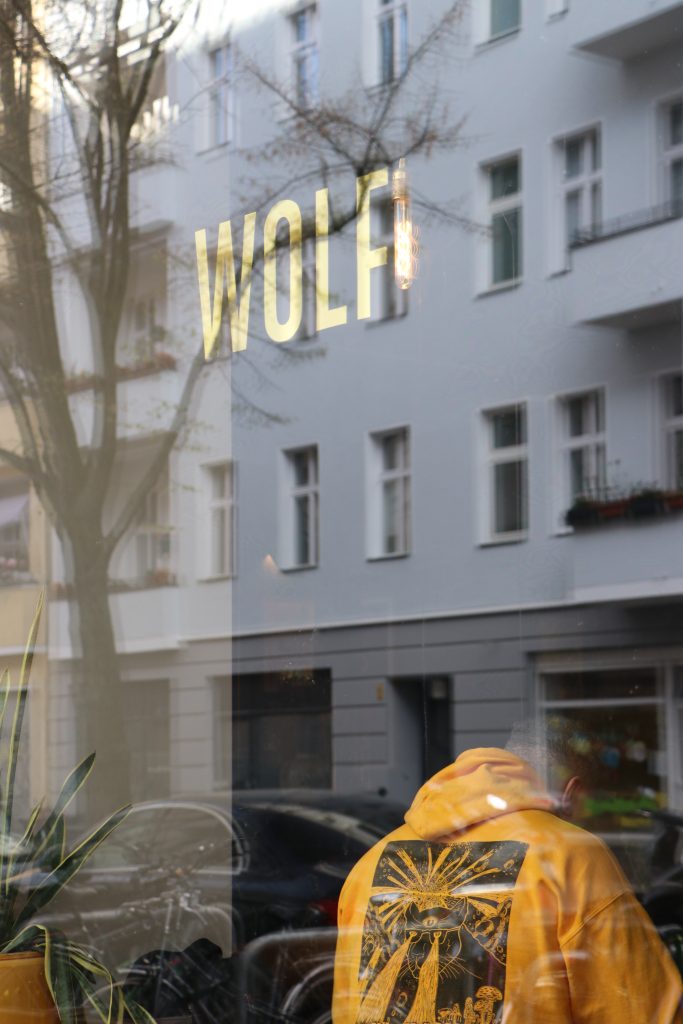
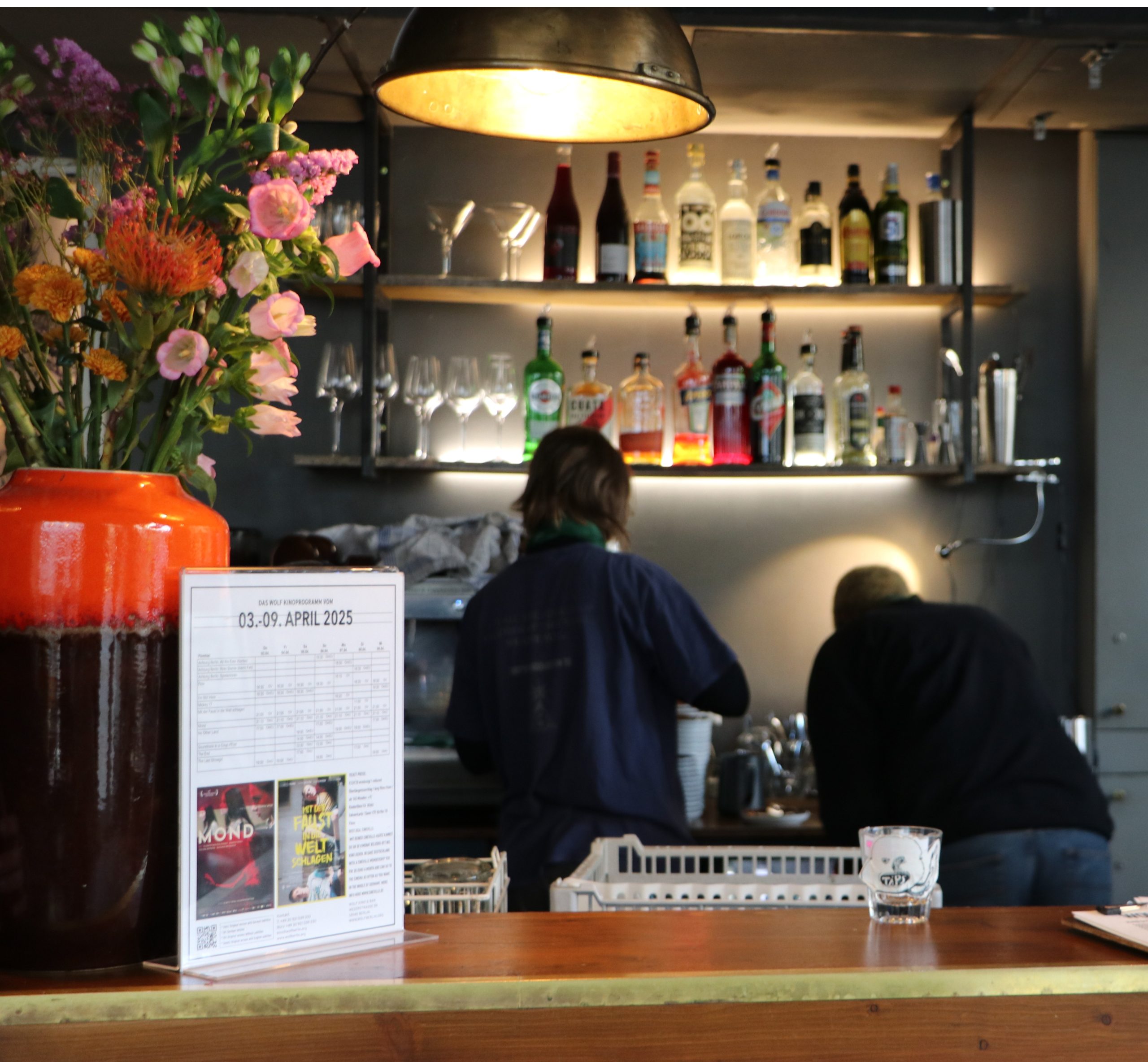
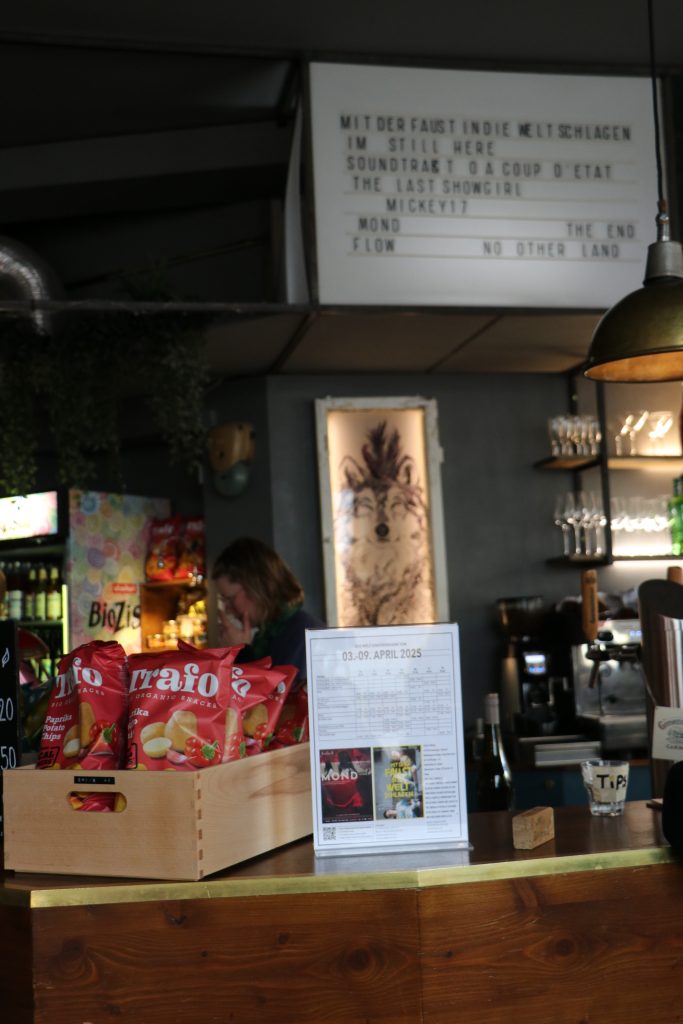
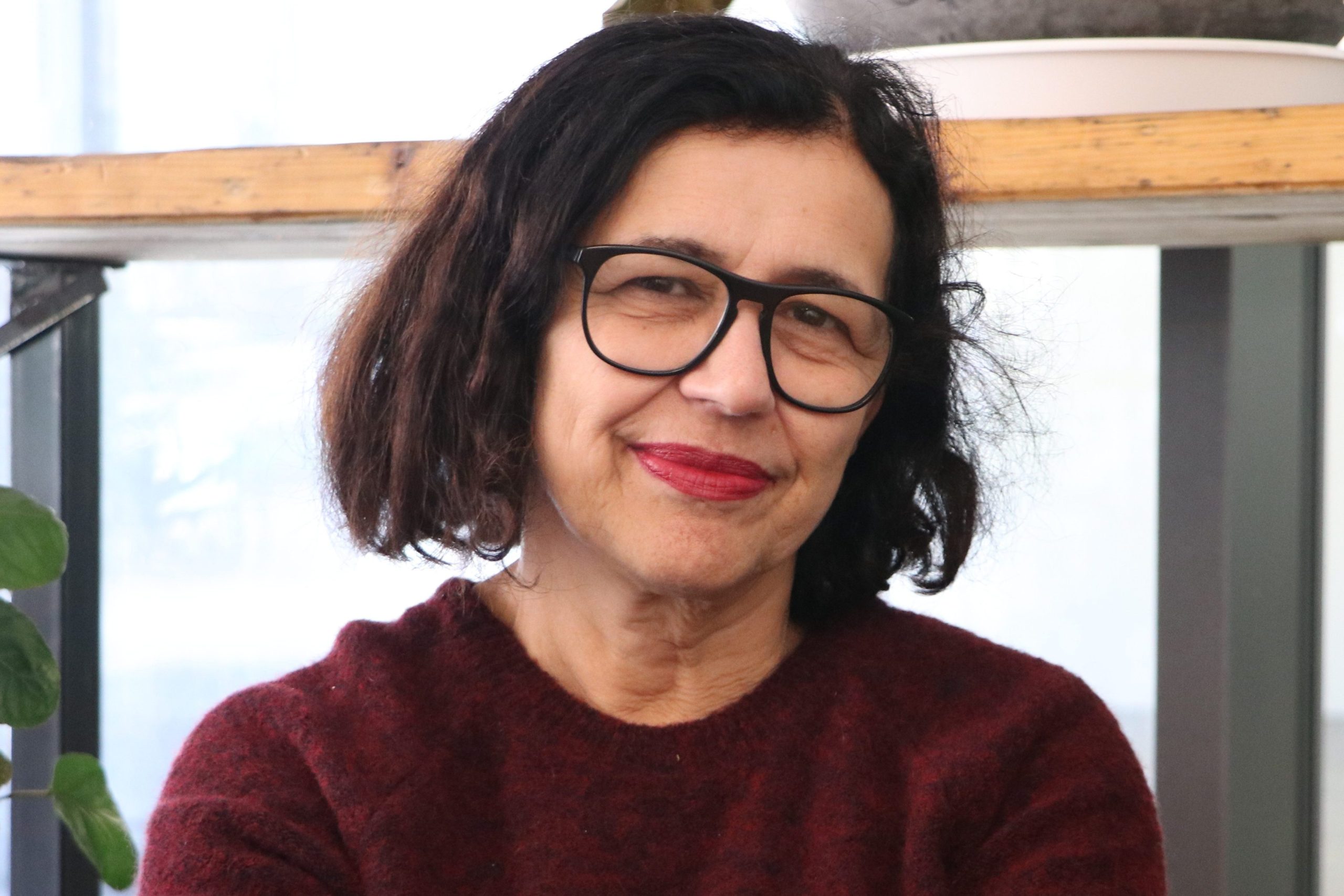
She mostly focuses on telling women’s stories about identity, culture and more, which is why she said: “The really important thing for me was to work with girls, I make films about women, so you can’t go with a man in their private room.” Her choice to work with all-female crews speaks to a deeper need for trust, intimacy, and safe storytelling spaces.
While gender inequality persists in many facets of European cinema, recent data indicates that Germany is experiencing tangible progress. According to the European Audiovisual Observatory’s 2024 report, the overall share of women in key creative roles across Europe increased from 19% in 2015 to 24% in 2023. Specifically, between 2019 and 2023, the proportion of women in roles like producers, editors, screenwriters, and directors reached approximately 30%, while representation remained lower for cinematographers (12%) and composers (10%).
In Germany, these figures reflect a quite slow but ongoing shift. For instance, the share of female directors increased by 7.3% since 2015, reaching 27% in 2023. However, challenges remain, as women are more likely to work on lower-budget projects like documentaries (31% of female directors) compared to live-action fiction films (23%). These statistics show that while incremental gains are being made, significant work remains to achieve actual gender parity in the German film industry.
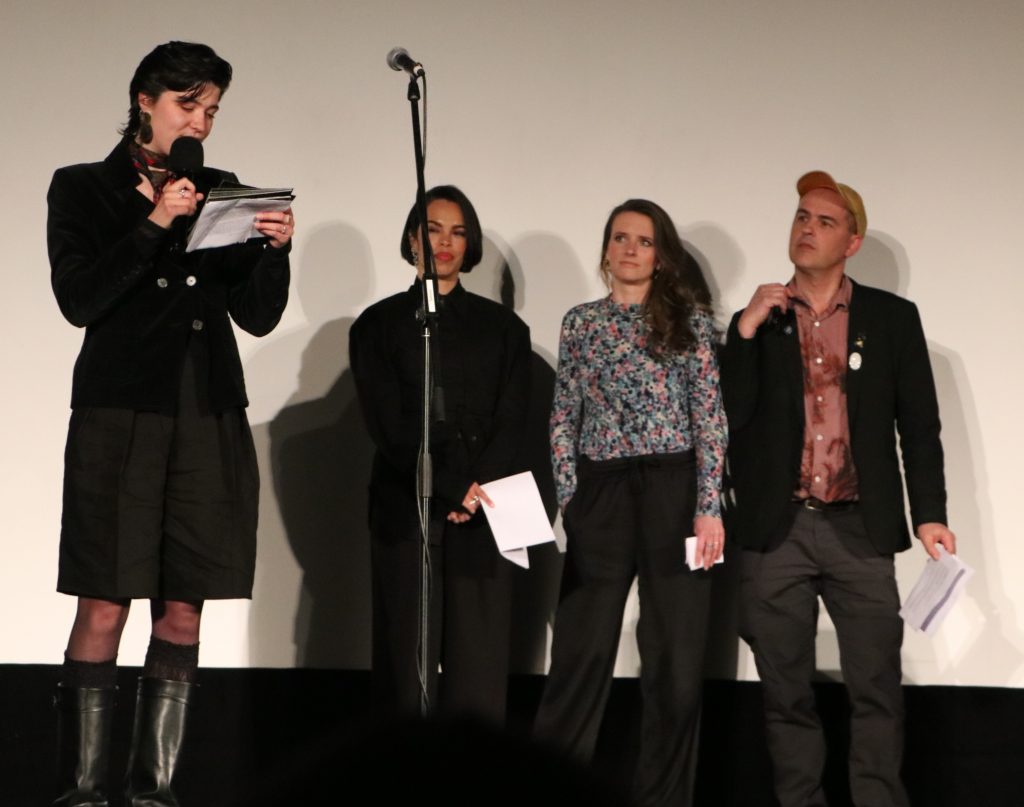
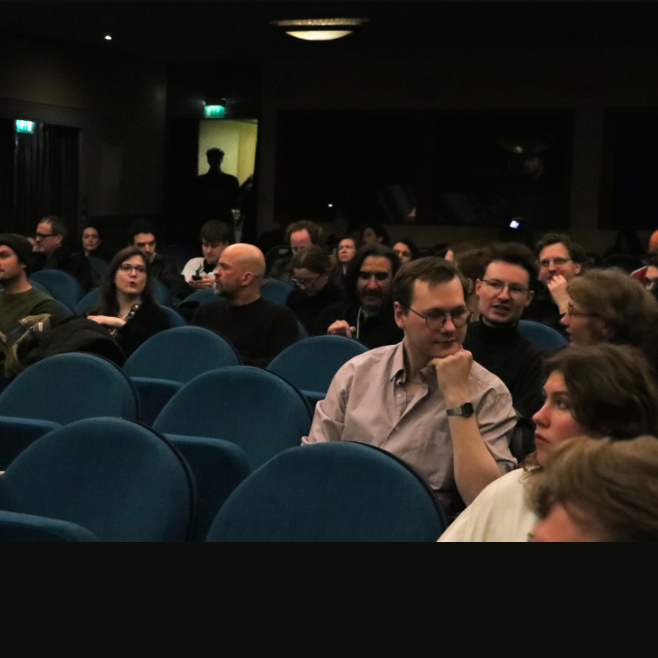
Talking about the recent German Film Funding Act, Elsa Loy and Anne Roemeth, both actress, director and producer from BORNNAKED productions, an independent label telling stories with and about women, claimed: “This is a serious step backwards, which is reflected in the content and, among other things, further threatens the existence of female filmmakers.”. They did a documentary named “Nackt” (Naked), which is a personal portrait of female filmmakers and their experiences in the film industry.
In early 2025, according to KPMG, Germany adopted this new funding law that is supposed to certainly increase financial support for film productions by, at the same time, removing key provisions promoting diversity and inclusion. Indeed, the final version of the law excluded the establishment of a Diversity Advisory Board, which was created to advise on issues related to equity. As mentioned previously, this shift is seen as a significant setback for female filmmakers and other minorities, potentially limiting their opportunities in an industry where they always historically have faced challenges, statement reinforced by the two founders of BORNNAKED productions: “Film is a highly capitalist system that relies on male competence instead of supporting female filmmakers by giving them a chance.”.
While financial incentives are crucial for the industry’s growth, the lack of structural support for diversity and inclusion may, and probably will, slow progress toward a more equitable and representative film landscape.
One vital dimension in the movement toward equity is the intentional creation of women-only teams, not as a form of exclusion, but as a strategy for empowerment and safety, particularly when dealing with vulnerable topics or communities. For several filmmakers, working with women-only crews allows a better level of intimacy, sensitivity and trust. As mentioned before, when making a documentary, Aysun Bademsoy only likes to work with women interviewers: “It’s better for me… they (females’ interviewees) open their minds, their hearts, their privacy, and their dreams.”
These women-led environments offer more than just safety; they foster confidence and empowerment. Whether working with young girls or refugee women, the aim is to create space for self-expression and pride. “Everyone can create from the inside out,” Isabelle Feldwisch explained, calling female empowerment the “main topic” of her life. The solidarity built in these all-female collaborations is just as important: “Becoming active, founding something, or even producing a film can be incredibly self-empowering, it was an incredibly liberating feeling.”, shared the two directors of “Nackt”.
Another critical area for improvement is the active inclusion of men in the conversation. While women have been leading the charge for a long time, there’s a growing recognition that sustainable change can’t happen without broader participation. Several voices from within the industry have pointed out the flagrant absence of men in these spaces. For example, at most events discussing female-oriented issues, only a couple of men, or even none, attended. Isabelle Feldwisch, actress and currently working for WIFT (Women in Film and Television) Berlin to build female networks, emphasized this point: “We as women, we know our topics… but who needs to listen? Men.”. Next time, she will do different: “I would directly invite men to our events to listen.”.
Perhaps, the issue is not always lack of support, but rather a perception that these events are women-only, and therefore not relevant to them. To shift this mindset, some organizers and filmmakers, like Elsa Loy and Anne Roemeth in their documentary, have started inviting “male and diverse participants (…) in order to create a multifaceted discourse.”. The goal is not to replace but to preserve and protect safe women-centered spaces, which remain crucial in a male-dominated industry. “We need safe spaces for everyone… but we also need spaces where we really talk about the structural problems concerning women.” reinforced Isabelle Feldwisch. As stated previously, awareness, allyship and understanding shared responsibility are essential for gender equity to become a reality in the German film industry.
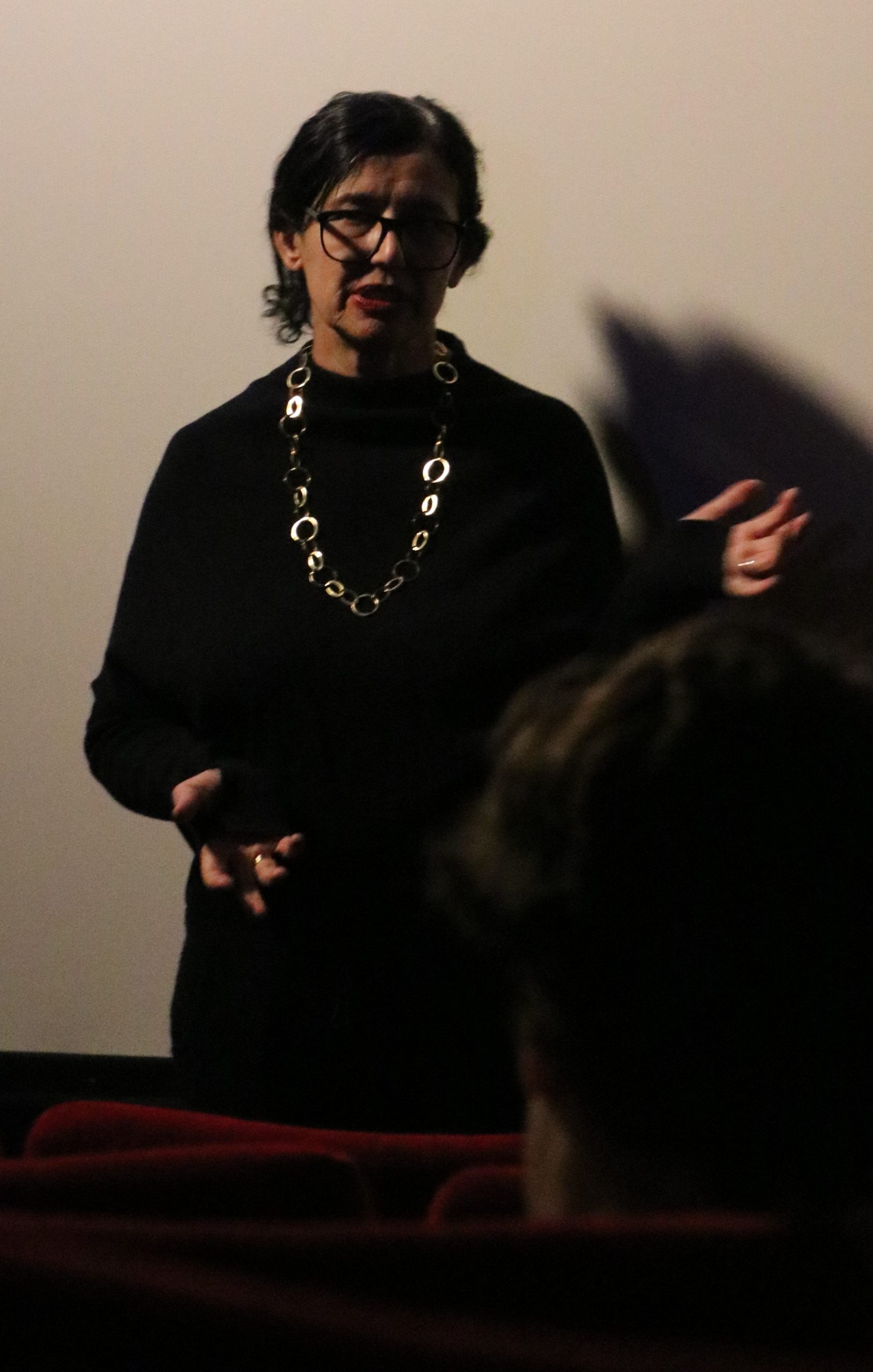
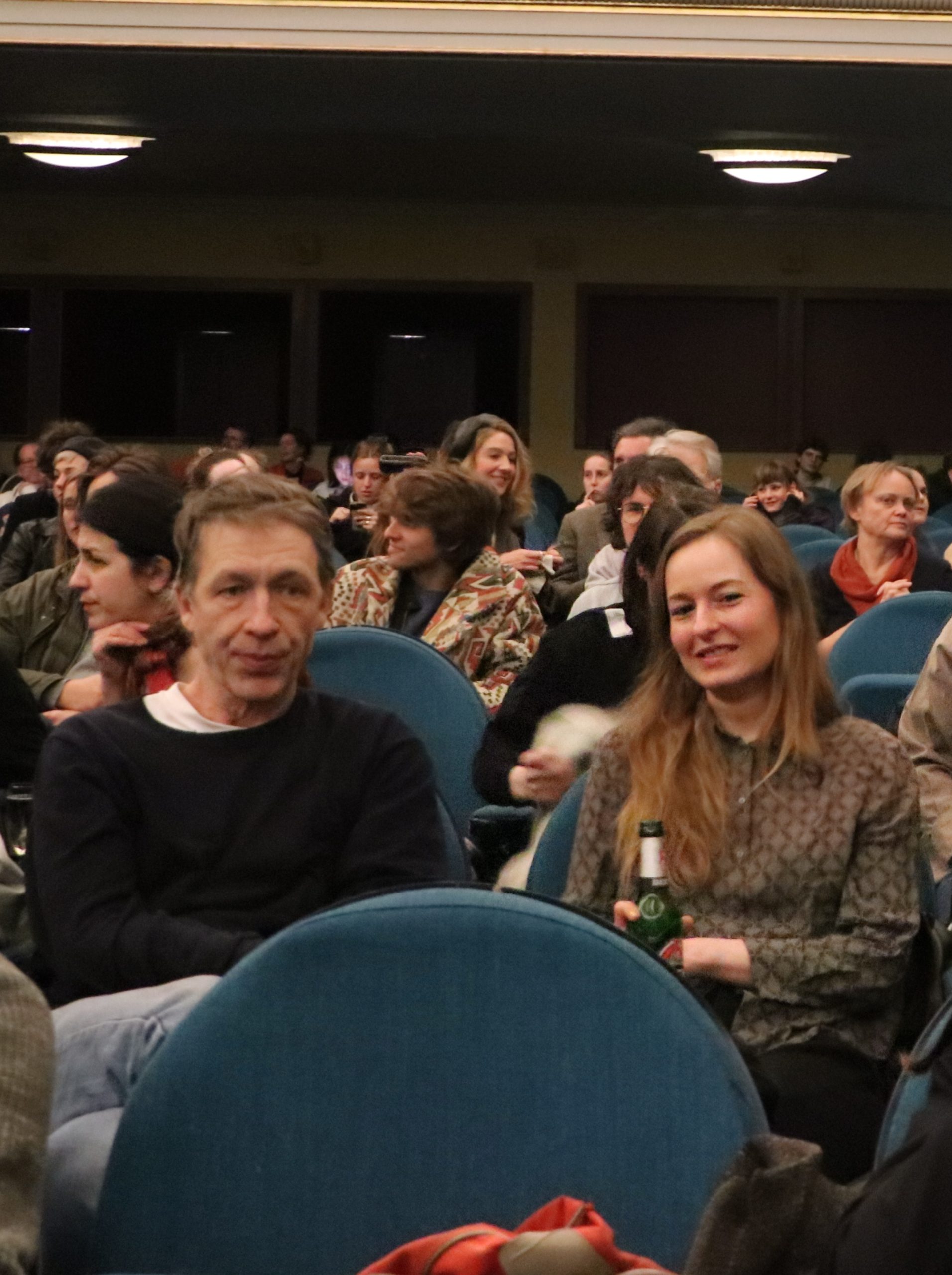
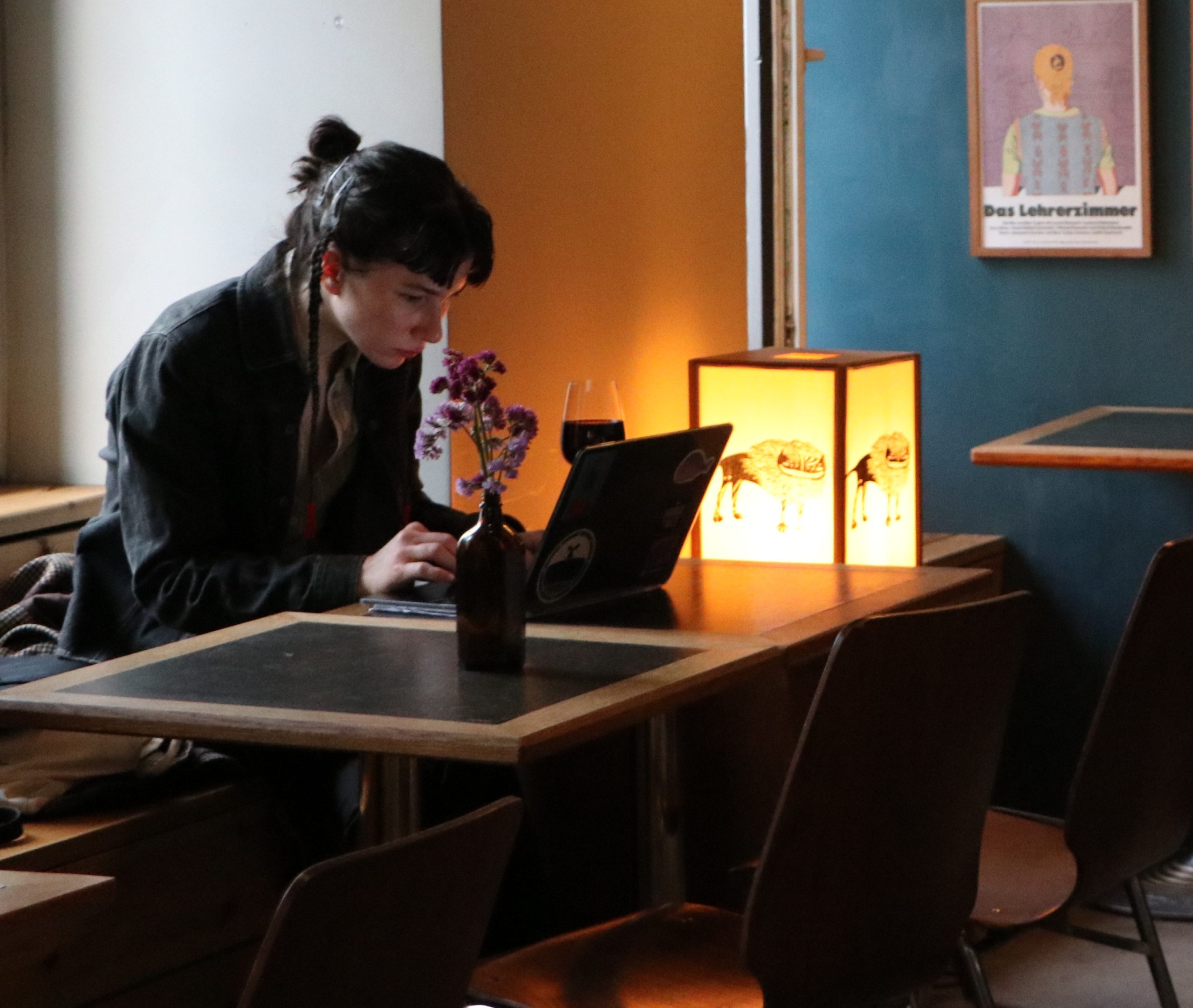
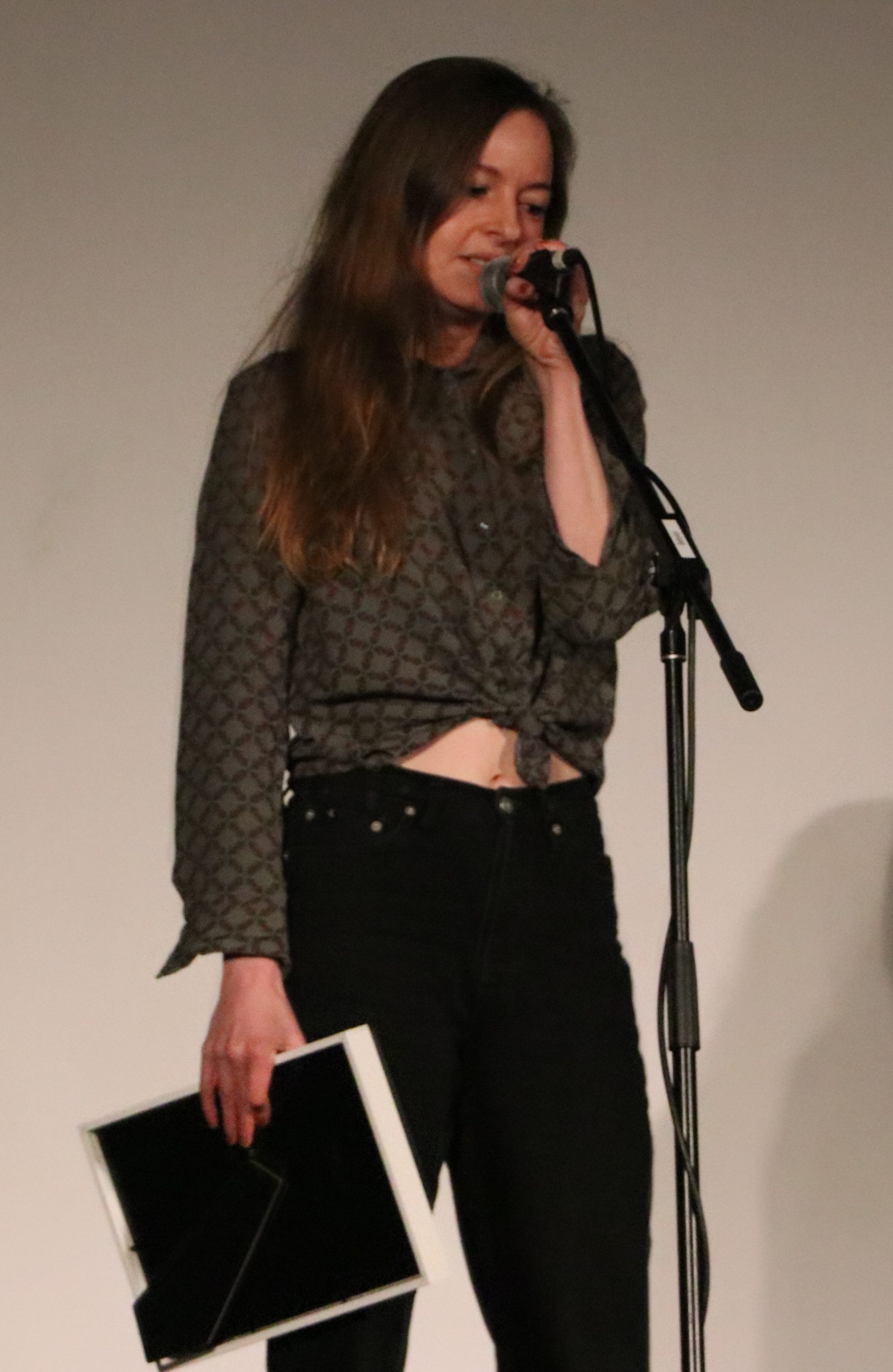
What emerges from these voices is a shared call to build networks rooted in trust, openness and solidarity. “Build networks among women and support each other wherever possible.”, affirmed Elsa Loy and Anne Roemeth. “Open each other doors!”, says Isabelle Feldswich. As Aysun Bademsoy reminds us, “you have so much power in you”, so be ambitious, stay focused and keep moving forward together.
